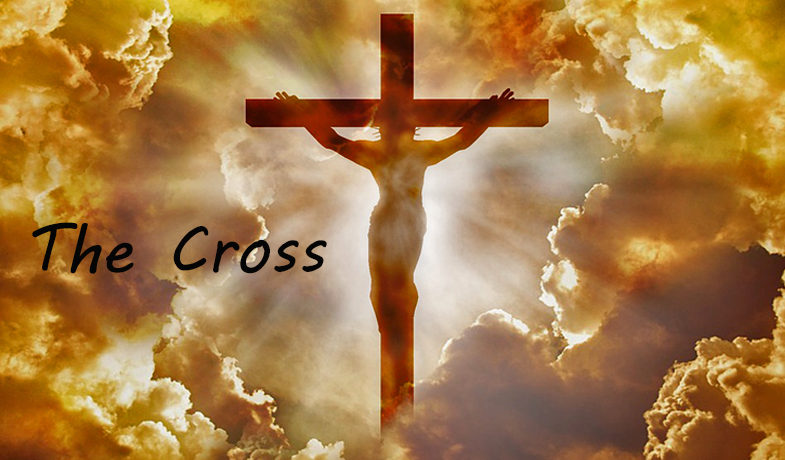The Cross of Christ
1 Corinthians 1:18–2:5
Many evangelicals have viewed the cross exclusively as the means by which God in Christ Jesus achieved our redemption. If that is done, we shall fail to see how the cross stands as the test and the standard of all vital Christian ministry. The cross not only establishes what we are to preach, but how we are to preach. It prescribes what Christian leaders must be and how Christians must view Christian leaders.
The Cross and Preaching
Crucifixion was reserved for slaves, aliens, and barbarians. Today, crosses adorn our buildings, grace our bishops, shine from lapels, and dangle from our ears, and no one is scandalized. This cultural distance from the first century that makes it so hard for us to feel the compelling irony of 1 Corinthians 1:18
The Message of the Cross
Both of Paul’s letters to the Corinthians demonstrate that believers in that city were constantly tempted to attach themselves to strong leaders and then look down on others. Fascinated by the rhetoric of learned scholars of their day, they were sometimes more impressed by form and show than by content and truth.
The Cross Divides the Human Race
The ancient world divided humanity by, Romans and barbarians, Jews and Gentiles, slaves and free. Paul says there are just two, those who are perishing and those who are being saved. The dividing line is the message of the cross.
God made us to gravitate toward him, to acknowledge with joy and obedience that he is the center of all, that he alone is God. The heart of our wretched rebellion is that each of us wants to be number one.
Our self-centeredness is deep. Paul does not want the Corinthians to think that the gospel is nothing more than a philosophical system. Human folly and human wisdom are equally unable to achieve what God has accomplished in the cross.
Where is the wise man? (1:20). In first-century Corinth, wisdom was a public philosophy, a well-articulated world-view that made sense of life and ordered the choices, values, and
priorities of those who adopted it.
Where is the scholar? (1:20). The scholar here was the scribe, the expert in the law of God, the person knowledgeable in biblical heritage and in all the tradition that flowed from it.
Paul’s point is, that theologians, biblical experts, and ethicists, fared no better than the philosophers. None of them had developed a system where the cross stands at the very center.
People are saved by GOD, not because he chooses those who boast some superior trait or insight, or that he loves people who judge themselves to be wise, but because he has determined to rescue those who believe him.
The Cross Proves That God’s Foolishness is Smarter that Human Wisdom
Jews demand miraculous signs (1:22 They are asking Jesus to perform a sign so that they can evaluate
him, assess his claims, and test his credentials. As long as they are checking out his credentials, they are
forgetting that God is the one who will weigh them.
It appears conditional, they will devote themselves to this God if he meets their need. They seem to be stipulating terms that he must accept if he wants the privilege of their company.
Greeks, Gentiles, look for wisdom (1:22). They maintain the delusion that they can explain everything. They exalted reason and public philosophy, not faith and public criminals.
We Must Be Careful
Western evangelicalism tends to run through cycles of fads. It is easy to begin to think that success more critically depends on thoughtful sociological analysis than on the gospel; in that case, Barna becomes more important than the Bible. Whenever the Cross is put on periphery, and not at the center, we are not far removed from idolatry.
The Cross Reaches Out
Paul said remember Brothers, not many of you were wise, influential, or of noble birth. His point is, none of those things are of any advantage in becoming a Christian or of being spiritual. God’s grace can reach anyone, but we all start equal.
Our Western evangelicalism suffers from triumphalism, and it destroys humility, minimizes grace, and offers far too much homage to the money, influence and “wisdom” of our day.
The Cross and Boasting
God’s ultimate reason for how he chose to save man through the cross was that no one may boast before him (1:29). God acts to redeem fallen men and women because he is gracious, and for no other reason. He does not owe anyone in the world forgiveness and eternal life.
Paul says the only thing Christians can boast about is, that they know God and understand what God has done to redeem them. The Cross is the center of our redemption and our source of living Now.

